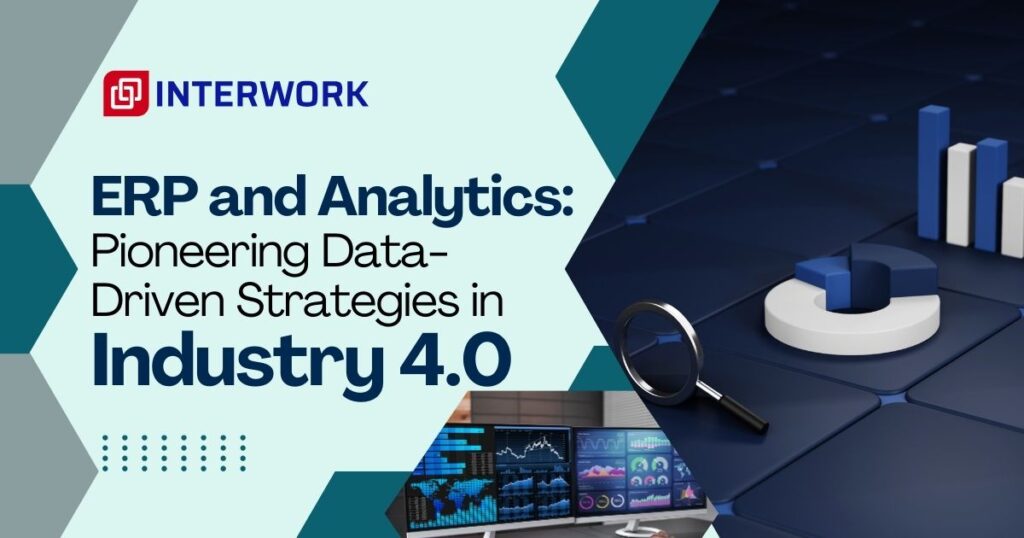How IoT and 5G Are Shaping Automotive Technology
The car manufacturing sector is altering the major trend in…

In the rapidly evolving landscape of Industry 4.0, businesses are increasingly integrating Enterprise Resource Planning (ERP) systems with advanced analytics tools. This powerful combination is transforming how organizations access and use operational data. It enables real-time insights that lead to faster and more accurate decision-making. As the Internet of Things (IoT) continues to grow, the benefits of this integration become even more pronounced.
Industry 4.0 is the name for the system of gathering and analyzing colossal amounts of data of smart devices. IoT sensors track all possible aspects, ranging from equipment and machines to inventory and supplies. This gives rise to a real-time data stream, and we can get data feeds constantly. However, the problem here is that this data organization can stay fragmented and underutilized when an organization does not possess a good ERP system.
Integrating ERP systems with higher-level analytics means that there will be an enhancement in the flow of information. It can be used by organizations to consolidate information that can be gathered from different departments including the production department, the finance department, the les, and the supply chain department. Decision makers can access key operation data in real time, hence be able to address change as needed.
Availability of real-time data to decision-makers implies that decisions are going to be made swiftly. Indeed, this is true in today’s business environment where the pace of change has become a main characteristic of global markets. Any organization able to make efficient decisions within the shortest time possible will be an advantage. This allows the identification of the key performance indicators (KPI) and operational metrics in an organization with integrated ERP and analytics.
Other than the timeliness of the results obtained, ERP integrated with analytics contains the aspect of enhanced decision-making accuracy. In traditional decision-making, records and guessing are used a lot which leads to mistyped decisions. Real time data and analytical tools support concrete data-driven organization decisions. Predictive analytics enable one to understand patterns that existed previously and predict the future demands. Hence this capability enables businesses to manage their inventories so that they do not purchase goods in large quantities that will cause inventory accumulation or purchase few goods that will lead to inventory scarcity. Inaccurate forecasting leads to loss due to holding excess inventories or loss due to failure to exploit market opportunities, hence an increase in profitability.
The integration of ERP and analytics fosters a data-driven culture within organizations. When employees at all levels have access to real-time data, they can make informed decisions that align with organizational goals. This democratization of data empowers teams to innovate and improve processes.
Additionally, a data-driven culture encourages collaboration. Departments can share insights and work together more effectively, using data to solve complex problems. This holistic approach ensures that all parts of the organization are aligned and working toward common objectives.
Interwork Software stands at the forefront of this transformation. By providing robust ERP solutions integrated with advanced analytics, Interwork helps businesses harness the full potential of their data.
As Industry 4.0 reshapes the business landscape, integrating ERP systems with advanced analytics is vital for competitiveness. Instant access to operational data allows organizations to make faster, more accurate decisions, boosting agility in a dynamic market. By leveraging IoT and analytics, companies can uncover new opportunities, streamline operations, and foster innovation. Those who successfully integrate these tools will thrive and set industry benchmarks, making this transformation key to sustainable success in a complex environment.